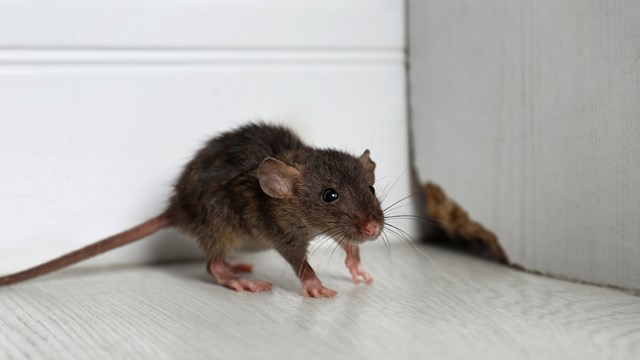—Smoked out Homeowner
“The question does not indicate whether the property is a co-op or a condominium. The answer may be different. New York Real Property Law (RPL) § 235-b implies that in every residential lease, a warranty of habitability under which a landlord warrants that the premises are ‘fit for human habitation,’ and that tenants are not ‘subjected to any conditions which would be dangerous, hazardous, or detrimental to their life, health or safety,’ including conditions occasioned by acts of third parties,” says Thomas D. Kearns, Esq. of the Manhattan law firm of Olshan Grundman Frome Rosenzweig & Wolosky LLP. “The question of whether secondhand smoke is violative of this warranty, and if so, under what circumstances, has not been definitively resolved. RPL § 235-b applies only to rental and co-op apartments, but not to condominiums.
“Lower courts are, however, starting to give guidance. In 2006, the New York City Civil Court held in Poyck v. Bryan, that secondhand smoke from a neighboring apartment qualifies as a condition that invokes the protections of RPL § 235?b. Citing a recent report by the U.S. Surgeon General declaring that breathing secondhand smoke poses a significant health hazard, the court noted that secondhand smoke is just as insidious and invasive as other conditions which have previously been found to violate RPL § 235-b, including noxious odors, smoke odors, chemical fumes, excessive noise, water leaks, and extreme dust penetration.
“To comply with its duties under § 235-b, a co-op board must make reasonable efforts to eliminate or alleviate the hazardous condition, such as taking steps to prevent the neighbors from smoking in the hallway and elevators, taking preventive care to properly ventilate the neighbor’s unit so that the secondhand smoke does not seep into the tenant’s apartment and sealing cracks in smoking units. Some co-ops even banned smokers from buying into the building. If these remedial measures are ineffective, the co-op board may be within its rights to declare the smoking tenant in default.
“If a co-op board fails to take these or similar measures, a tenant may ask a court to order the board to take steps to remedy the problem or to award a maintenance abatement, and the tenant may be entitled to legal fees.
“Because the warranty of habitability does not apply to condominiums, the owner of a condo has a more difficult path. Potentially the resident may directly sue the neighbor for creating a private nuisance if the tenant can show that the neighbor is intentionally, substantially, and unreasonably interfering with his use and enjoyment of the property. If successful, the tenant may be able to recover damages but will not necessarily be able to force the neighbor to stop smoking.
“I always suggest before any apartment owner ‘goes legal’ to begin by having a conversation with the neighbor. Many times the most satisfactory results are obtained with the need for judicial intervention. Moreover, any court will look at the specific circumstances including the fact that smoking remains lawful in one’s residence, thereby requiring a balancing of the laws and equities.”







4 Comments
Leave a Comment